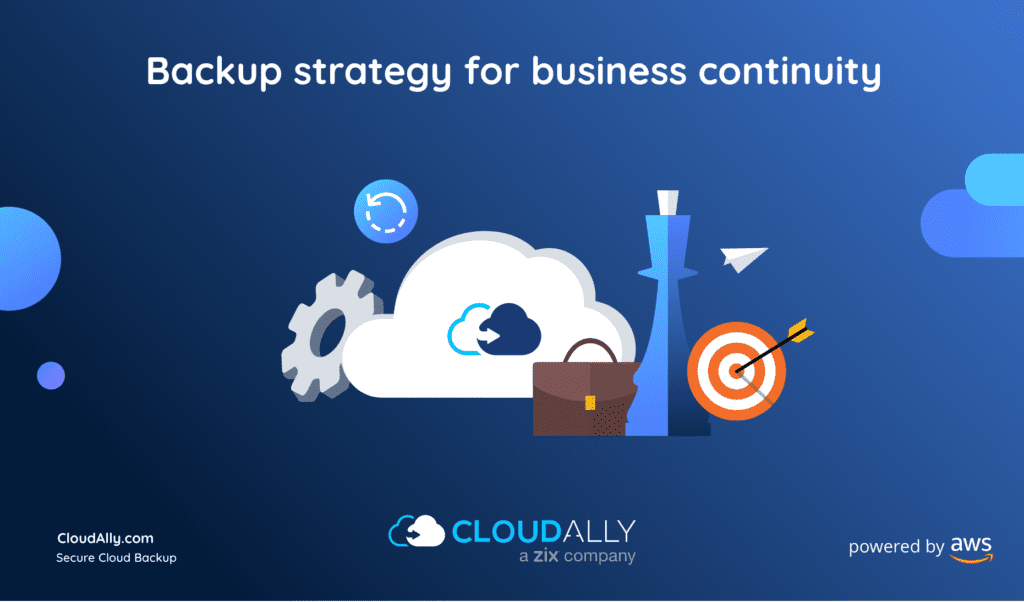The Relation Between Business Continuity and Data Recovery
In the interconnected digital age, the relationship between business continuity and data recovery is fundamentally intertwined. A disruption in data access due to system failures, cyber incidents, or natural disasters can cripple operations, making an effective backup strategy essential for quick recovery and sustained operations. According to industry experts, “Business continuity starts with the ability to keep services going no matter what happens,” underscoring the necessity of proactive data management and recovery strategies.
The Impact of Backup on Business Continuity
Data is the cornerstone of modern business operations, and its loss can lead to significant operational and financial setbacks. The OVHcloud reports that a robust backup strategy, following the 3-2-1 rule (three total copies of your data, two of which are local but on different mediums, and one off-site), significantly mitigates risks associated with data loss. Implementing such a strategy not only safeguards information but also strengthens an organization’s ability to maintain continuity amid challenges.
How to Develop a Resilient Backup Strategy for Business Continuity: Five Best Practices
Creating a resilient backup strategy is critical for ensuring business continuity. Here are five best practices drawn from industry leaders and data protection experts:
- Regularly Update and Test Backups: “Testing your backups regularly is as important as having a backup itself,” says a senior analyst at CIO.com. Regular updates and tests help ensure your backups are functional and effective when disaster strikes.
- Utilize Cloud Backup Solutions: Cloud backups offer scalability and remote access, providing a buffer against data loss due to local disasters. CloudAlly, for example, ensures secure and compliant cloud backups across multiple platforms.
- Implement Multi-Level Backup Systems: Adopting the 3-2-1 backup rule is a recommended practice by experts to create redundancy and increase the reliability of your backups, ensuring multiple recovery points are available.
- Ensure Compliance and Security: Aligning your backup strategy with legal and regulatory requirements is essential for protecting data privacy and integrity. Incorporate advanced encryption and security protocols to defend against unauthorized access and data breaches.
- Plan for Rapid Recovery: Establish clear recovery objectives that align with your business needs. “The goal of a rapid recovery strategy is not just to back up data but to make it rapidly usable,” experts advise, highlighting the importance of operational readiness in continuity strategies.
With these strategies in place, your business can expect enhanced resilience against data-related disruptions, thereby securing continuous operation and customer trust. Read this blog for backup strategy best practices.
CloudAlly pioneered cloud backup more than a decade ago. Our SaaS data protection platform is used by 30,000+ organizations worldwide. Our platform offers stringently secure, comprehensive multi-SaaS backup and recovery with one intuitive tool. Get cloud backup for all your SaaS data — Microsoft 365, Google Workspace, Salesforce, Dropbox, and Box including , Groups), Teams, OneDrive, SharePoint, Public folders, shared Drives, and Archives.
Book a quick demo now or Schedule a free 14-day trial and never face cloud data loss again!


